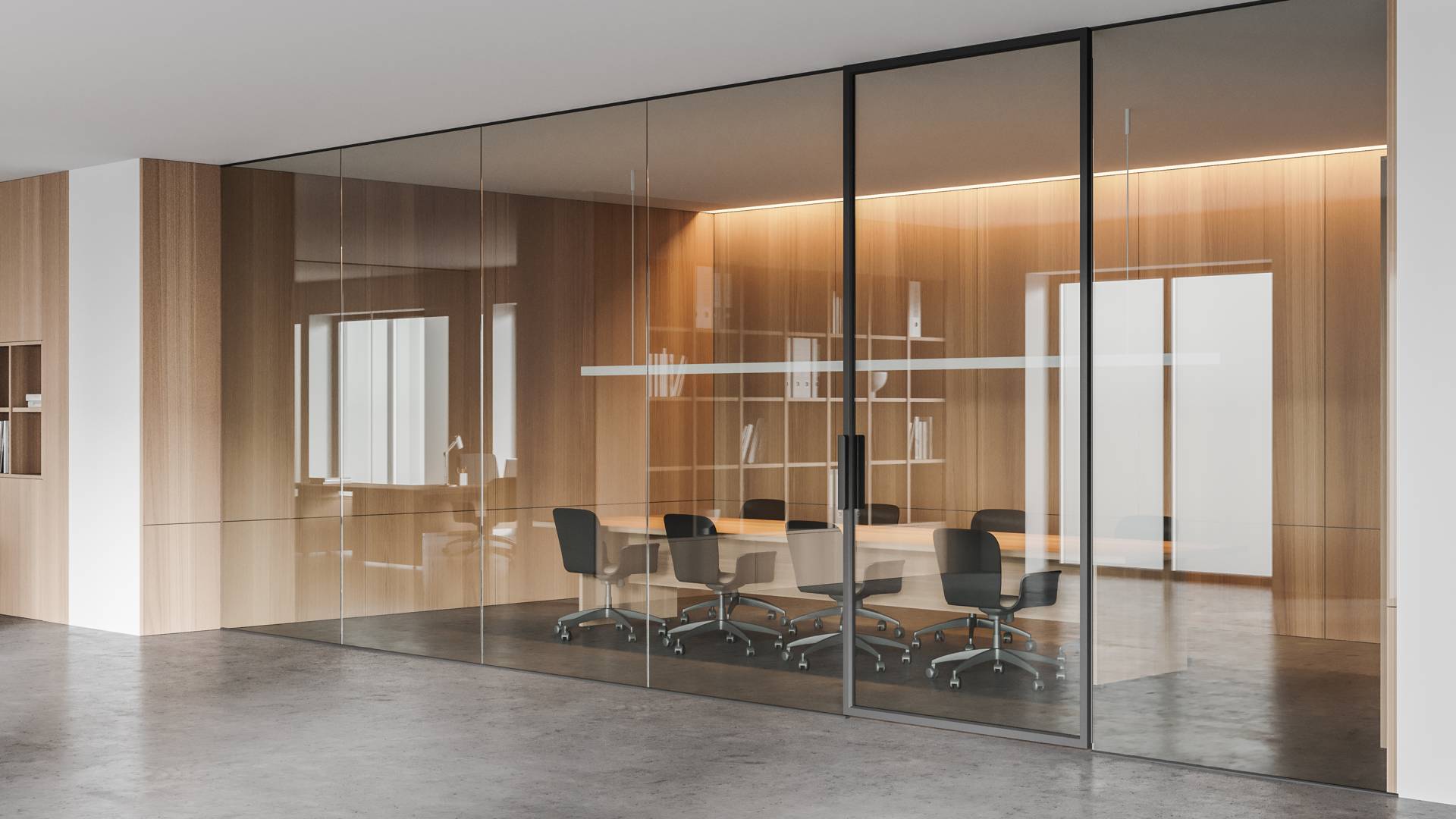
Philadelphia Zoning Lawyer
Experienced Land Use Counsel For Pennsylvania, New Jersey and surrounding Areas
Zoning and land use issues can quickly bring an otherwise viable project to a screeching halt. In too many situations, the perfect site for a project that will foster economic development and community growth will be inappropriately zoned or classified, preventing you from moving forward. Obtaining the appropriate clearances tends to require extensive knowledge of how to efficiently move through red tape as well as an intimate understanding of a local jurisdiction’s policies and procedures. That’s where an experienced Philadelphia zoning attorney can provide valuable assistance
At Pritzker Law Group, our zoning and land use lawyers in Philadelphia have spent almost a decade developing an intimate understanding of the process and procedures to deliver results for our clients. In addition, our accomplished team has accumulated unique experience including serving as counsel to the Zoning Board of Adjustments for Philadelphia and Lower Merion Township. We maintain strong government relations with local officials and agencies and understand how to resolve many types of conflicts involving land use and zoning.
If you need assistance navigating the complex regulations of land use and zoning, a Philadelphia zoning lawyer from our firm can provide effective legal counsel. Call (215) 515-0882 or contact us online to discuss your situation with our team.
Our Philadelphia zoning and land use Services
Navigating through the intricacies of zoning and land use regulations in Philadelphia can be a complex task. At Pritzker Law Group, we offer comprehensive services to help you tackle these challenges, from securing variances and special exceptions to managing subdivisions, consolidations, and Civic Design Reviews. Any seasoned zoning attorney near you at our firm is backed by a wealth of experience and strong government relations, is ready to guide you through the process and deliver effective results.
More about our zoning and land use services:
- Variances - A variance is a formal request for an exception to a property’s current zoning or land use requirements. To obtain a variance, you must generally demonstrate that current regulations create a “practical difficulty” in effectively leveraging the property. In other words, you may be able to secure a variance if current zoning restrictions are excessively burdensome. Each jurisdiction’s zoning board will evaluate what constitutes “practical difficulty” differently, but the process typically involves informing adjacent and area property owners and discussing your request in a formal hearing. We can help prepare your variance request, interface with the local zoning board, and represent you in any hearings.
- Subdivisions and Consolidations - Zoning regulations can potentially limit your ability to subdivide or consolidate land. Many jurisdictions’ zoning ordinances include minimum lot sizes for certain areas that can limit your ability to subdivide a larger piece of land into smaller plots. Zoning authorities will also have to approve any consolidation of adjacent lands into a single, larger parcel. If you are looking to subdivide or consolidate get in touch with us.
- Special Exceptions - Securing a special exception involves getting permission to use land in a manner that is allowable under a zoning ordinance if certain criteria are met. In practice, this is the process of confirming that your intended use of the property fulfills all requirements to trigger the special exception. We can review local zoning ordinances to confirm you meet all requirements and work to efficiently obtain special exception approvals.
- Civic Design Reviews - When a building project in Philadelphia is sufficiently large or is in a certain type of location, they may be required to undergo a Civic Design Review. This process evaluates how the public-facing elements of the project will impact the surrounding community. The committee conducting the review will generally assess the project’s height, shape, sidewalks, access points, parking requirements, and more. Our team is ready to represent you throughout the Civic Design Review process.
- Feasibility Analysis- We provide due diligence services and can create feasibility reports that assess all factors that can impact your project’s prospects, including relevant zoning ordinances and neighborhood metrics. These reports provide evidence that a venture is likely to succeed and benefit the broader community. Consequently, they can convince zoning boards to grant variances and other allowances.
Commonly Asked Questions
Why should I hire a zoning lawyer in Philadelphia?
Hiring a zoning lawyer in Philadelphia offers significant benefits for individuals and businesses dealing with zoning matters. Zoning regulations can be complicated and differ by jurisdiction, but a local zoning lawyer understands Philadelphia’s specific laws and can validate compliance while avoiding legal issues. A zoning lawyer strives to protect your interests, representing you and pursuing the best possible outcome for your needs. If disputes arise, they can help you smoothen the resolution process. Additionally, they can help you fully utilize your property by advising on zoning restrictions and opportunities to guide decisions about development or land use effectively.
Why choose Pritzker Law Group for land use counsel?
At Pritzker Law Group, our zoning and land attorneys bring over a decade of experience to every project. As a certified women-owned law firm, we are committed to supporting the growth of our local community while delivering exceptional legal services. Our team is dedicated to handling all your legal needs so you can focus on what truly matters—bringing your project to life. Whether navigating complex regulations or addressing unique challenges, we provide reliable guidance every step of the way. Partner with us and let our knowledge and commitment work for you.

-
Meet The TeamPritzker Law Group was founded by twin attorneys, Adam and Rachael Pritzker.About PLG
-
Zoning ProjectsPLG has been involved in some of the best real estate development projects across Philadelphia.See Our Work
-
Articles & PodcastsNews, Updates, and Education on real estate developments and politics in Philadelphia.View Articles


